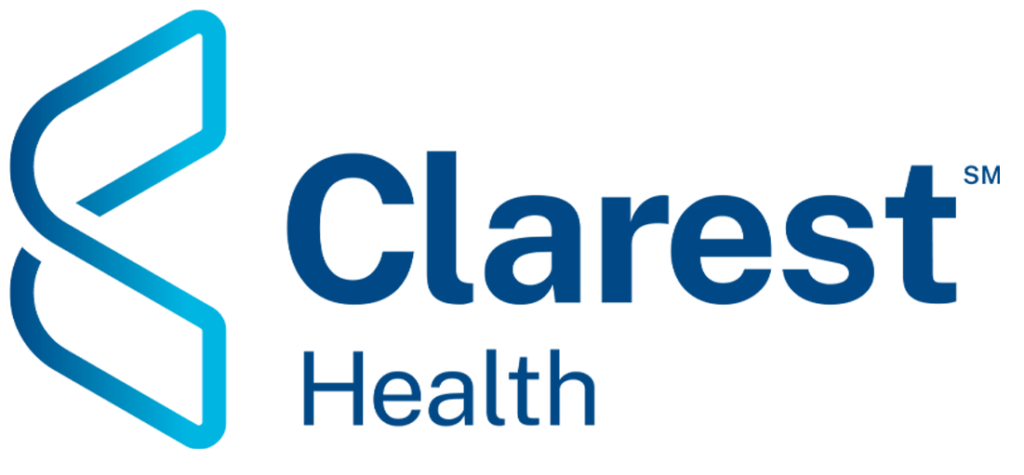Medication Management is a crucial aspect of long-term care (LTC) that significantly impacts patient outcomes and quality of life. To optimize medication management in LTC settings, it’s essential to involve patients and their caregivers in medication-related decisions. In this article, we will explore the importance of patient and caregiver engagement in medication decision-making, discuss how it can enhance patient care in LTC, and provide practical tips for involvement.
The Importance of Involving Patients and Caregivers
Engaging patients and caregivers in medication decisions yields several significant benefits. Firstly, it enhances medication adherence as patients take greater ownership of their treatment, resulting in a more responsible approach to medication management. Secondly, it promotes personalized care by tapping into the invaluable insights that patients and their families possess regarding preferences, lifestyle, and medical history. These insights can significantly influence medication choices and treatment plans, tailoring healthcare to individual needs. Additionally, involving patients and caregivers in decision-making not only boosts patient satisfaction but also contributes to more positive overall experiences in long-term care (LTC) settings and recovery. Lastly, safety is markedly improved as caregivers play an active role in medication administration, reducing the likelihood of Medication Errors and enhancing the overall quality of care.
How to Involve Patients and Caregivers in Medication Decision-Making
Education & Training
- Shared Decision-Making: Encourage open and transparent communication between healthcare providers, patients, and caregivers. Discuss treatment options, benefits, and potential risks.
- Patient Education: Provide patients and caregivers with information about medications, including purpose, dosing, side effects, and potential interactions.
- Caregiver Training: Offer training to caregivers on proper medication administration and monitoring.
RELATED: PROMOTING MEDICATION EDUCATION FOR LONG-TERM CARE PATIENTS AND CAREGIVERS
Medication Tracking and Adherence
- LTC Pharmacy Support: Communicate with long-term care pharmacists to receive comprehensive medication management services, including easy-to-use, tear strip pouch packaging, to simplify medication administration.
- Medication Synchronization: Coordinate medication refills to reduce complexity and improve adherence.
- Technology Advantage: Employ medication tracking apps or LTC pharmacy portals like Clarest’s Pro-Link Portal to set medication schedules, receive reminders, and monitor adherence.
- CarePack: Utilize compliant, easy-to-use, tear strip pouch packaging that is clearly labeled with patient names, medication names, dosages, and administration instructions.
Incorporating Medication Management into the Long-Term Care Plan
To ensure comprehensive medication management within the context of long-term care (LTC), several key considerations come into play. Regular medication reviews should be integrated into the LTC plan, allowing for the assessment of medication effectiveness, necessary dosage adjustments, and the elimination of any redundant or unnecessary medications. Furthermore, acknowledging the pivotal role that family caregivers play in medication management is crucial. Including them in care plan discussions and providing training sessions can enhance their ability to contribute effectively to the patient’s well-being. Lastly, a patient-centered approach is fundamental, tailoring medication management plans to align with the individual patient’s goals and preferences, thus ensuring a more personalized and effective care experience.
Engaging patients and caregivers in medication decision-making is a fundamental component of providing high-quality long-term care. It promotes medication adherence, personalized care, and patient satisfaction while ensuring safety. Contact Clarest to learn how to begin utilizing LTC pharmacy services, technology, and our communication portals to empower patients and caregivers to actively participate in medication management, ultimately leading to improved patient care and better long-term outcomes.

